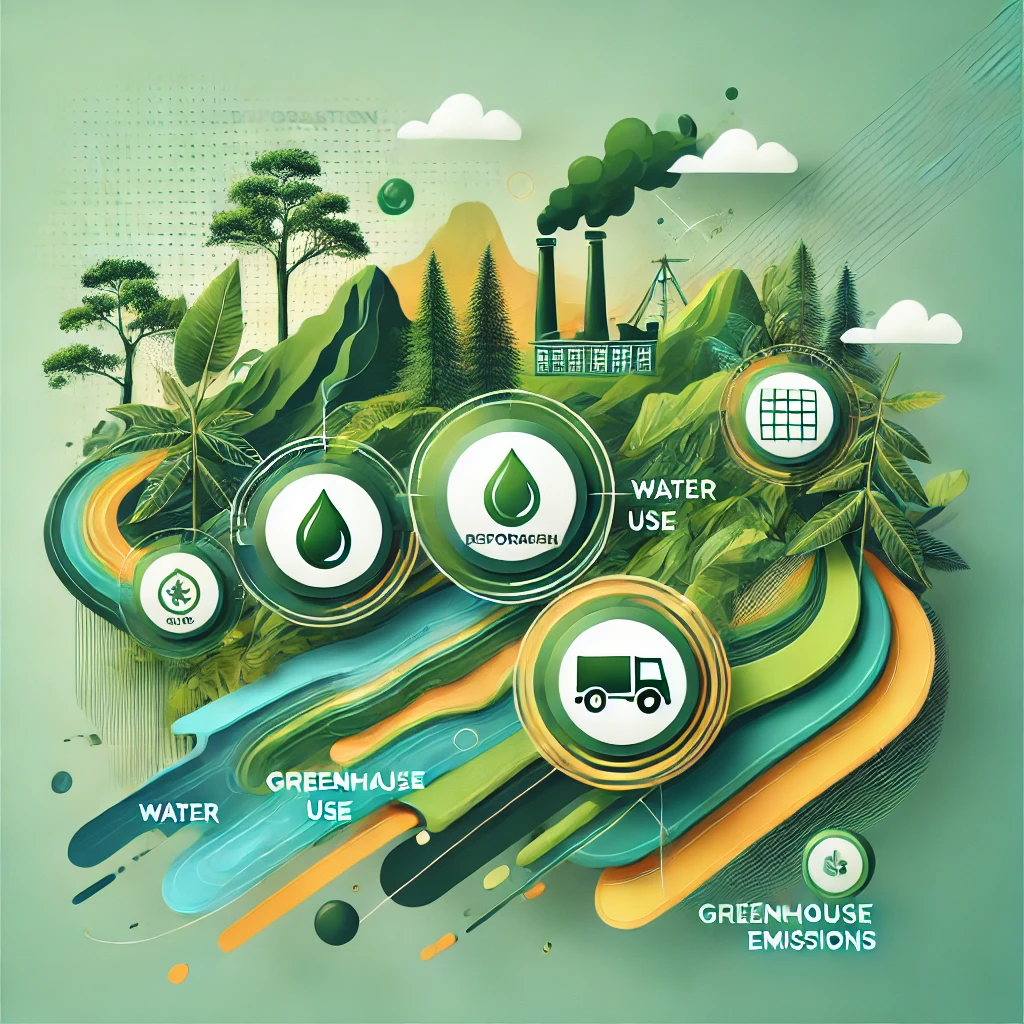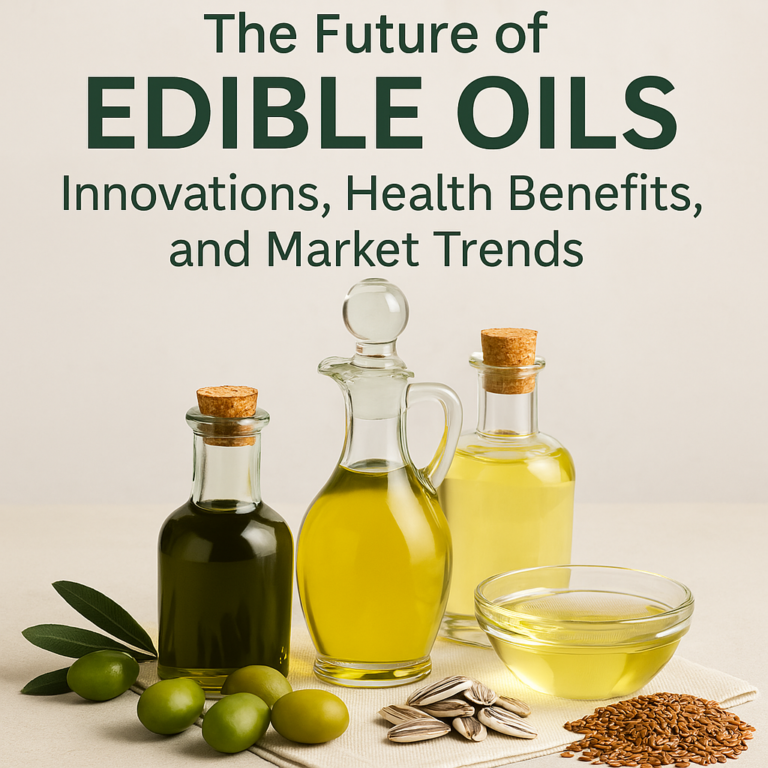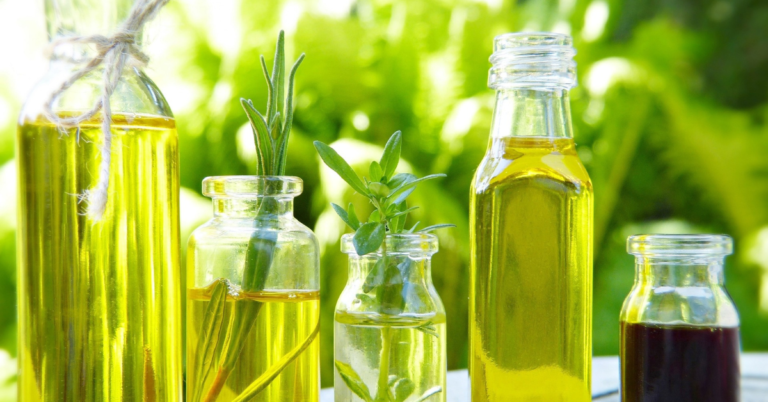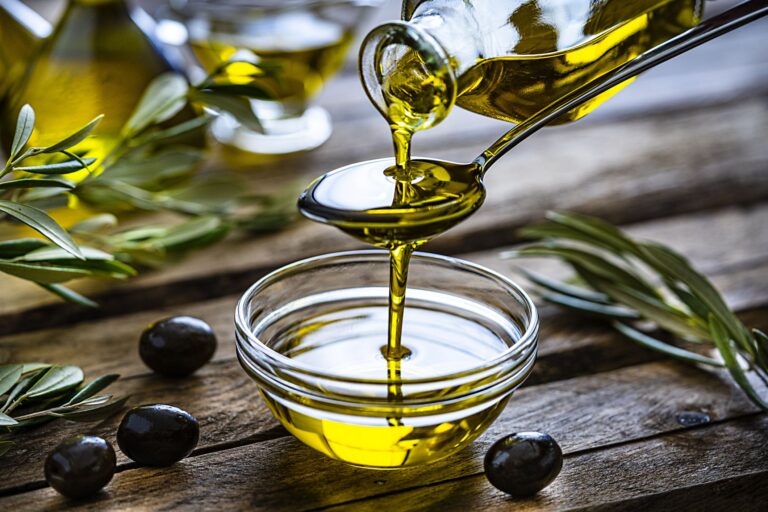
It’s a quiet morning, and you’re preparing breakfast. As you pour a golden stream of cooking oil into the pan, you pause to wonder—where does this oil come from? How is it made? Most of us don’t think beyond the shiny bottles on the supermarket shelves. But behind every drop of edible oil lies a production journey with significant environmental impacts. Let’s explore the unseen story of edible oil production, its impact on our planet, and how we can make informed choices for a healthier world.
Understanding Edible Oil Production
Edible oil is a staple in households across the globe, used for cooking, frying, baking, and even in raw form for salads and dressings. The production process, however, involves several stages—cultivation, extraction, refining, and packaging. Each step has implications for the environment.
The Most Consumed Edible Oils
Globally, the most consumed edible oils include:
- Palm oil: Widely used for its versatility, found in food products, cosmetics, and even biodiesel.
- Soybean oil: A major player in cooking and processed foods.
- Sunflower oil: Popular for frying and baking due to its mild flavor.
- Olive oil: Prized for its health benefits and use in salads and light cooking.
- Coconut oil: Valued for its medium-chain triglycerides (MCTs) and distinct taste.
The Environmental Challenges
1. Deforestation and Biodiversity Loss
The cultivation of crops like oil palm, soybeans, and sunflowers often leads to large-scale deforestation. According to a 2021 study by the World Resources Institute, over 70% of global deforestation is linked to agricultural expansion, with palm oil being a major contributor. These activities destroy habitats, endangering species such as orangutans, tigers, and elephants in Southeast Asia.
2. Water Usage
Edible oil crops require substantial water resources. For instance, producing one kilogram of sunflower oil consumes approximately 3,000 liters of water, as per data from the Water Footprint Network. Excessive water usage in oil production strains local water supplies, especially in regions already facing scarcity.
3. Greenhouse Gas Emissions
From farm to factory, the edible oil production chain releases significant greenhouse gases (GHGs). The transportation of raw materials, energy-intensive refining processes, and land-use changes contribute to high CO2 emissions. A report by the European Commission revealed that palm oil alone accounts for 2.3% of global GHG emissions.
4. Soil Degradation and Chemical Runoff
The overuse of fertilizers and pesticides to boost oil crop yields often leads to soil degradation. Chemical runoff from farms pollutes nearby rivers and streams, affecting aquatic life and water quality. Soybean cultivation in Brazil’s Cerrado region has led to severe soil erosion and water pollution, impacting local communities and ecosystems.
The Role of Edible Oil Refining
Edible oil refining is a crucial step that ensures the oil’s purity and safety for consumption. However, it’s not without its environmental costs. Refining involves energy-intensive processes like bleaching and deodorization, which require significant electricity and produce waste byproducts. For example, the bleaching process generates spent earth, a waste material that must be managed responsibly to avoid environmental harm.
Despite these challenges, advancements in edible oil refining technology are helping to mitigate its impact. Cleaner technologies like chemical-free refining and closed-loop systems are becoming more common, reducing waste and energy consumption.
Health Benefits of Edible Oils and the Need for Sustainable Choices
Health Benefits
While the environmental impacts of edible oil production are concerning, it’s important to recognize the health benefits of these oils when consumed responsibly:
- Olive oil: Rich in monounsaturated fats, supports heart health.
- Sunflower oil: High in vitamin E, beneficial for skin health.
- Coconut oil: Contains MCTs, which provide quick energy.
- Soybean oil: A source of omega-3 fatty acids, good for brain function.
Why Sustainability Matters
As consumers, choosing sustainably produced edible oils can help minimize their environmental impact. Look for certifications like RSPO (Roundtable on Sustainable Palm Oil) or non-GMO labels, which indicate more eco-friendly production practices. Supporting local oil producers can also reduce the carbon footprint associated with transportation.
What Can We Do to Make a Difference?
1. Support Ethical Brands
Choose brands that prioritize sustainability in their sourcing and production methods. Transparency in the supply chain is key to making informed decisions.
2. Reduce Oil Waste
Avoid overusing cooking oil and properly dispose of used oil to prevent clogging drains and polluting water bodies. Reuse oil only when it’s safe to do so.
3. Explore Alternative Oils
Experiment with oils that have a smaller environmental footprint, such as cold-pressed or locally sourced options.
4. Educate Yourself and Others
Spread awareness about the environmental impact of edible oil production and encourage others to adopt sustainable practices.
Wrapping It Up
Edible oil production is a complex industry with far-reaching impacts on our environment. From deforestation to greenhouse gas emissions, the choices we make as consumers play a significant role in shaping the future of this industry. By understanding the environmental challenges, advocating for sustainable practices, and making conscious decisions, we can enjoy the health benefits of edible oils without compromising our planet.
So, the next time you reach for a bottle of cooking oil, ask yourself—is this the best choice for your health and the environment?



